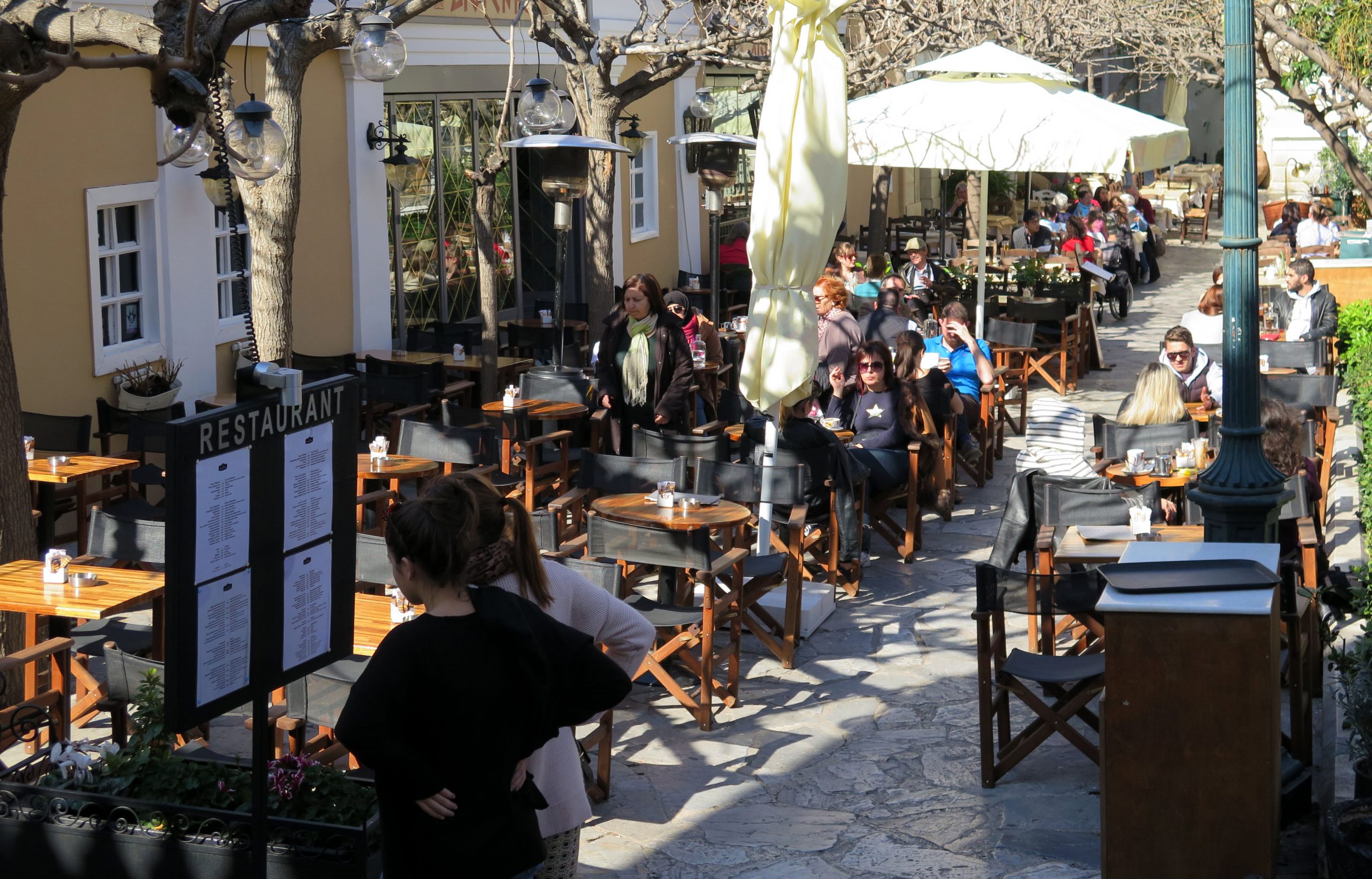Rising prices have led Greeks to adopt new habits, even when it comes to their summer vacations. To manage expenses, Greek tourists are not only shortening the length of their stays but are also significantly cutting back on dining out and entertainment. Many now prefer to eat at home or choose takeout over visiting taverns or restaurants.
A survey by the Retail Consumer Goods Research Institute reveals that 33% of Greek consumers view dining costs as a significant burden on their vacation budget, prompting more careful spending choices.
Moreover, seven out of ten have had to cut back on food and entertainment expenses due to economic constraints. Now, only six out of ten Greeks are willing to spend more on food, with Gen Z and Millennials comprising 59.4% and 55.8% of this group, respectively.
This trend of reducing travel expenditures started last year and has also impacted foreign visitors, who are likewise contending with rising prices.
The restaurant industry is experiencing a decline in customer flow and activity compared to previous years, including from foreign visitors.
Data from the Bank of Greece shows that from January to May 2024, travel receipts from foreign tourists rose by 16.2% to 3.8 billion euros. However, this increase lagged behind the 20.6% rise in incoming travel, as the average spending per trip dropped by 3.6%.
Cafés and breakfast eateries are also facing a decline as many Greek and foreign tourists choose takeout over dining in.
The VAT increase from 13% to 24% on served non-alcoholic beverages, effective July 1, has further deterred customers, according to business owners.
This issue is exacerbated by a 5.1% rise in inflation for dining establishments, pastry shops, cafés, and canteens in June compared to the previous year, driven by higher costs of raw materials and energy.




